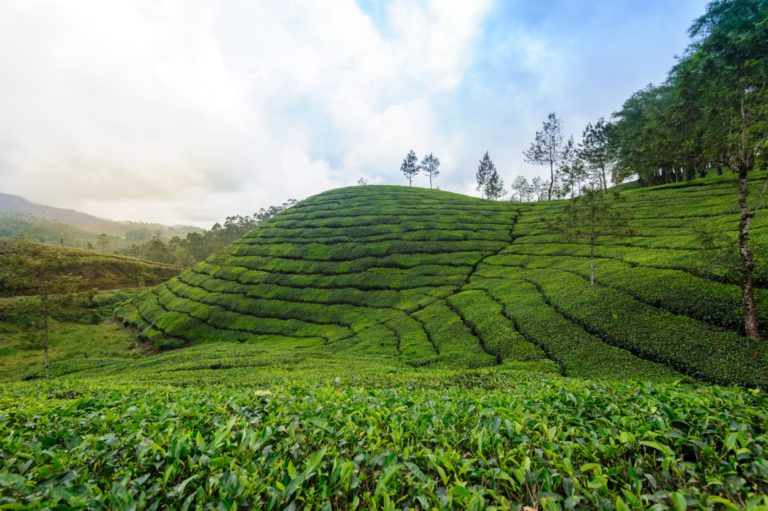Demographics
Uganda is a land locked country with a current population of Uganda is 45,604,332 million people with over 3.318 million living in the capital city (Kampala). The country borders South Sudan to the north, Kenya to the east, the United Republic of Tanzania to the south, Rwanda to the south-west and the Democratic Republic of Congo to the west. Uganda’s landlocked position and strategic location makes it an ideal regional trade and investment hub. There is a literacy level of 78.4 % of the entire population boosting the development capacity of the country enhanced by having one of the worlds youngest and rapidly growing populations. With the increase in government funding and intervention, the education sector is intended to improve leading to a reduction of income inequality, promotion of social mobility and fostering of social cohesion. This provides a solid capacity of human capital that is necessary to sustain productivity and economic growth for the country.


Uganda's Economy
An estimated 6.3% economic growth was reported in 2019 which was largely driven by the expansion of services. Services growth averaged 7.6% in 2019, and industrial growth at 6.2% while agriculture grew at 3.8%. The retail, construction, and telecommunications sectors were key economic drivers and inflation is expected to remain below 5%. There has been a positive approach by government to increase spending on public infrastructure and capital investments for the emerging oil and gas industry. There has been a decrease in the poverty rate since 2009 and it has been at a constant of 21.4% for two consecutive years (2018/2019) witnessing an increase in per capita income and an all time purchasing power parity of $89.19 billion in 2017. Uganda has substantial natural resources, including fertile soils, regular rainfall, substantial reserves of recoverable oil, and small deposits of copper, gold, and other minerals. Agriculture is one of the most important sectors of the economy, employing three quarters (72.%) of the work force. Oil revenues and taxes are expected to become a large source of government funding as oil production starts in the next three to 10 years. Over the next three to five years, foreign investors are planning to invest $9 billion in production facilities projects, $4 billion in an export pipeline, as well as in a $2-3 billion refinery to produce petroleum products for the domestic and East African Community (EAC) markets. The growing economy is projected to have enormous benefits for present and future investments.
Agriculture
Agriculture is Uganda’s key economic sector. It provides livelihoods for the vast majority of the population and generates the raw inputs needed to fuel the growing industrial sector. There is enormous potential of adding value to the country’s sizeable agricultural output as a means of boosting inclusive growth and creating productive employment across the country and the government is aggressively promoting agro-industrialisation. Agriculture generates approximately 24 percent of the Gross Domestic Product (GDP) accounting for 54% of Uganda’s export earnings. Uganda is restructuring traditional subsistence agriculture into modern commercialized agriculture following an all time high GDP of of 6880.74 UGX Billion in the third quarter of 2019. Agricultural products such as coffee, tea, cotton, tobacco, cassava (manioc, tapioca), potatoes, corn, millet, pulses, cut flowers; beef, goat meat, milk, poultry, and fish are the pillars of the sector. Uganda’s agricultural sector presents multiple highly-profitable investment opportunities both for profit-oriented investments and partnerships. As one of the 55 member states of the African Union, Uganda has steadily picked the pace in agricultural development and was highlighted as one of the 20 leading countries in delivery on development targets of the Comprehensive Africa Agriculture Development Programme (CAADP). The transformation presents even more opportunities for investment as explored in the Agriculture Sector Strategic Plan, and steady increase in investment by government each financial year, Uganda is a dependable destination for investment and highly competitive player on the international market.


